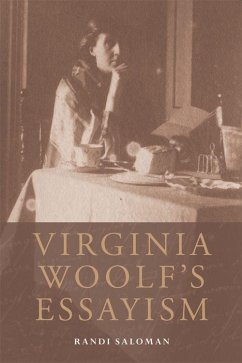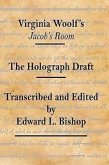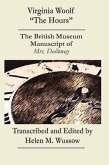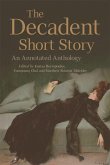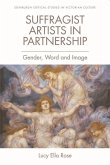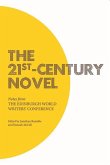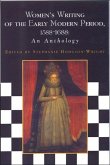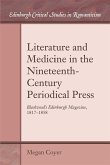"Saloman's exhilarating approach in this book widens and deepens our thinking about genre and its place in modernism, and her focus on genre, form, and mode is anything but exclusively formalist; indeed, it complicates and enriches feminist and cultural studies." Beth Rigel Daugherty, Otterbein University, WSA Explores the way Woolf used essay-writing techniques to develop her conception of the modern novel. The focus of this study is on Virginia Woolf's vast output of essays and their relation to her fiction. Randi Saloman shows that it was by employing tools and methods drawn from the essay genre - such as fragmentation, stream-of-consciousness and dialogic engagement with the reader - that Woolf managed to leave behind the realism of the 19th-century novel. Saloman draws on key theorists of the essay such as T. W. Adorno and Georg Lukács, as well as on more recent scholars of 'essayism' (a term devised by Robert Musil to describe the hypothetical quality of the essay mode). She shows that the essay, as genre and mode, shaped Woolf's writing, and modern fiction more generally, in ways that have not yet been articulated. Key Features: * In-depth consideration of Virginia Woolf's shorter essays * Revisionary accounts of /A Room of One's Own/ (1929) and /Three Guineas/ (1938) * New readings of Woolf's major and less well-known novels, including /The Pargiters/, her failed 'essay-novel' * Repositions the essay as a major modernist genre, responsible in large part for the creation of the modern (and especially the 'modernist') novel Randi Saloman teaches at Wake Forest University. She has published articles on Virginia Woolf, the essay, and cosmopolitanism.

